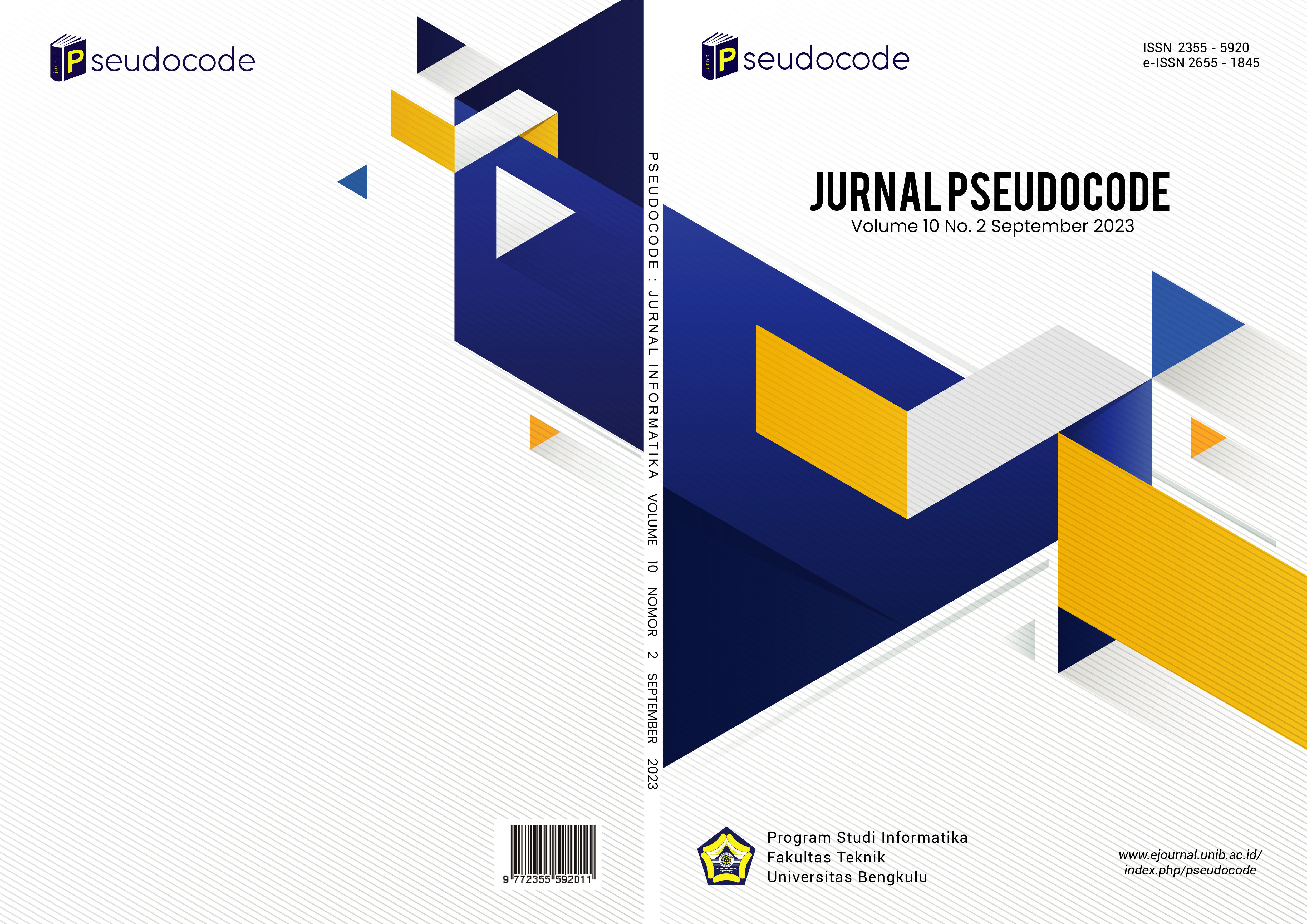Main Article Content
Abstract
The use of video conferencing has increased in recent years. Even though now the trend of activities is returning to going offline, video conferencing is still widely used for various needs. However, the available video conferencing platforms have limitations, so users are not comfortable using them. The Jitsi platform is used because it is based on open -source and claims that Jitsi has better quality if it is built using its own server. QoS testing is conducted to determine the quality of JITSI if it is built on a container architecture using Amazon Web Services virtual machines. The QoS parameters tested are throughput, packet loss, delay, and jitter. QOS testing is carried out in 2 scenarios using a virtual machine and a mobile phone to join into video conference rooms. In scenario 1 the highest QoS values obtained include throughput: 3128Kbps, packet loss: 0.012%, delay: 2.39ms, and jitter: 2.39ms. In scenario 2 the highest QoS values obtained include throughput: 1778Kbps, packet loss: 0%, delay: 2.82ms, and 2.82ms jitter. Meanwhile, the use of server resources increases in proportion to the number of users who join each test.
Keywords: Video conference; QoS; Cloud; Container; JITSI.
Article Details
Copyright (c) 2023 Qadrian Pristiadi, Lukman Lukman

This work is licensed under a Creative Commons Attribution-ShareAlike 4.0 International License.
- Seluruh materi yang terdapat dalam situs ini dilindungi oleh undang-undang. Dipersilahkan mengutip sebagian atau seluruh isi situs web ini sesuai dengan ketentuan yang berlaku.
- Apabila anda menemukan satu atau beberapa artikel yang terdapat dalam Jurnal Pseudocode yang melanggar atau berpotensi melanggar hak cipta yang anda miliki, silahkan laporkan kepada kami, melalui email pada Priciple Contact.
- Aspek legal formal terhadap akses setiap informasi dan artikel yang tercantum dalam situs jurnal ini mengacu pada ketentuan lisensi Creative Commons Atribusi-ShareAlike (CC-BY-SA).
- Semua Informasi yang terdapat di Jurnal Pseudocode bersifat akademik. Jurnal Pseudocode tidak bertanggung jawab terhadap kerugian yang terjadi karana penyalah gunaan informasi dari situs ini.
